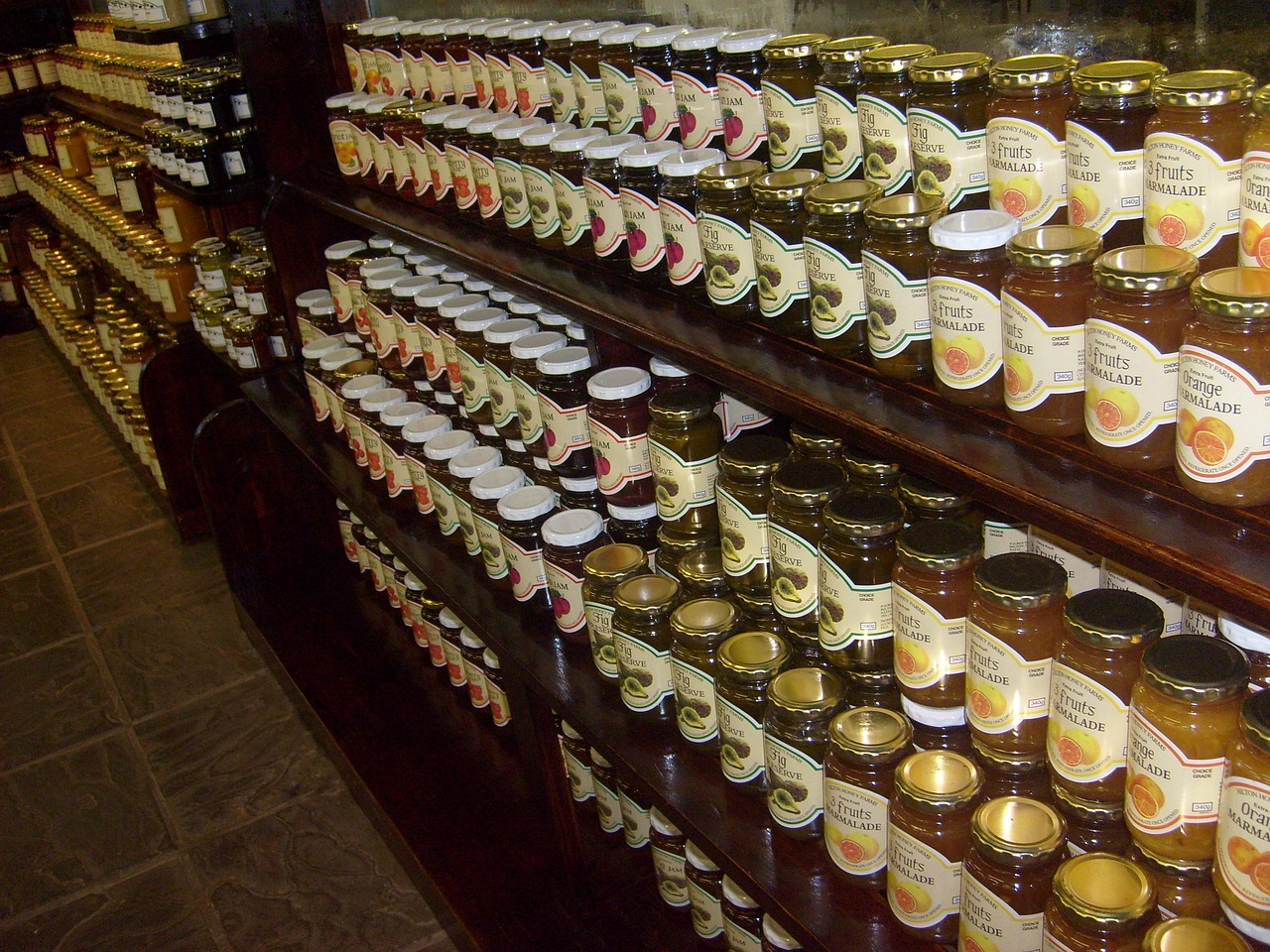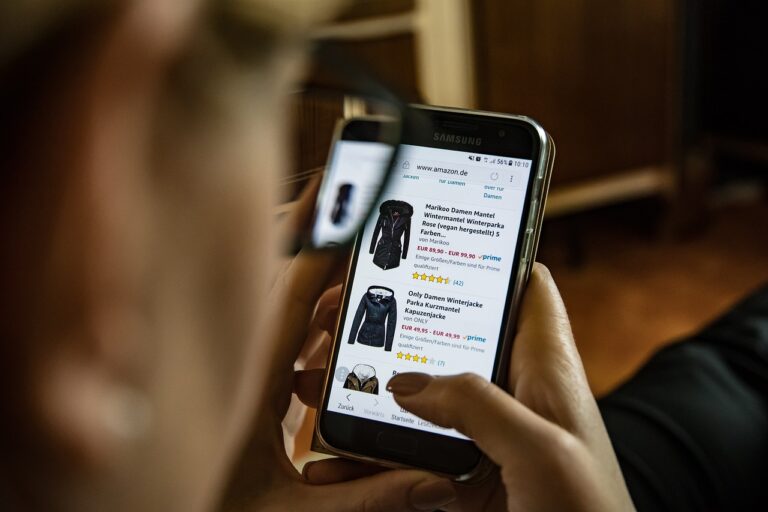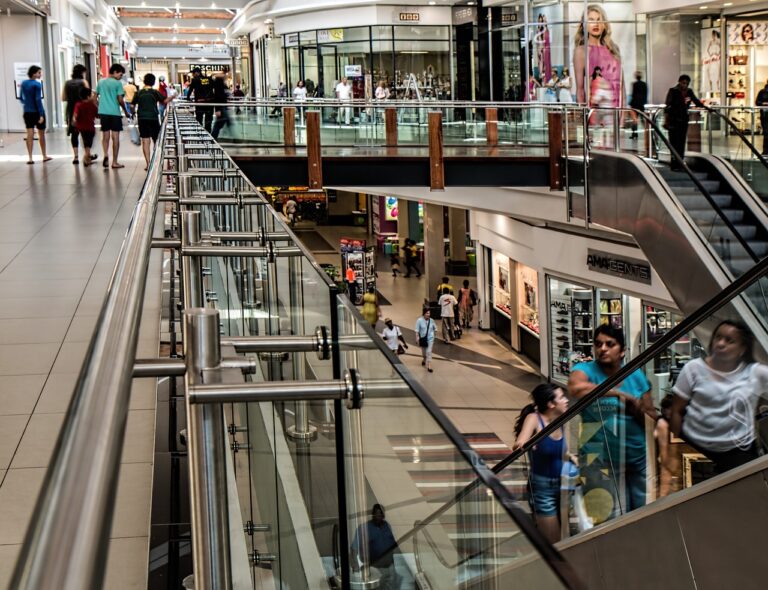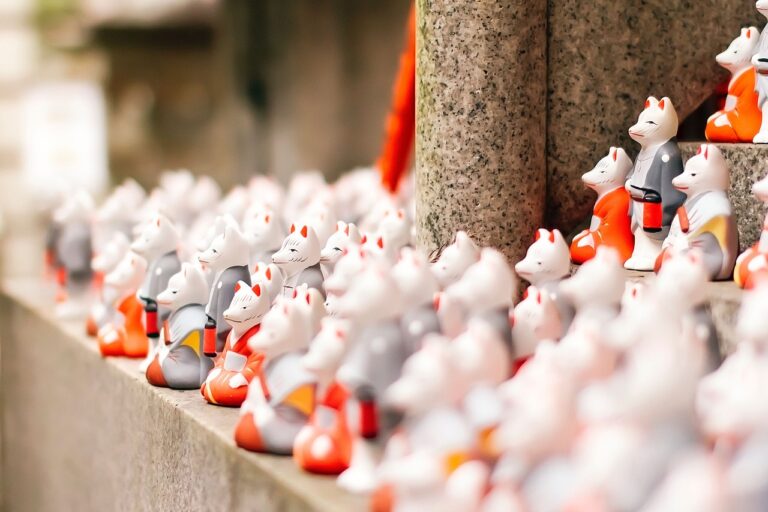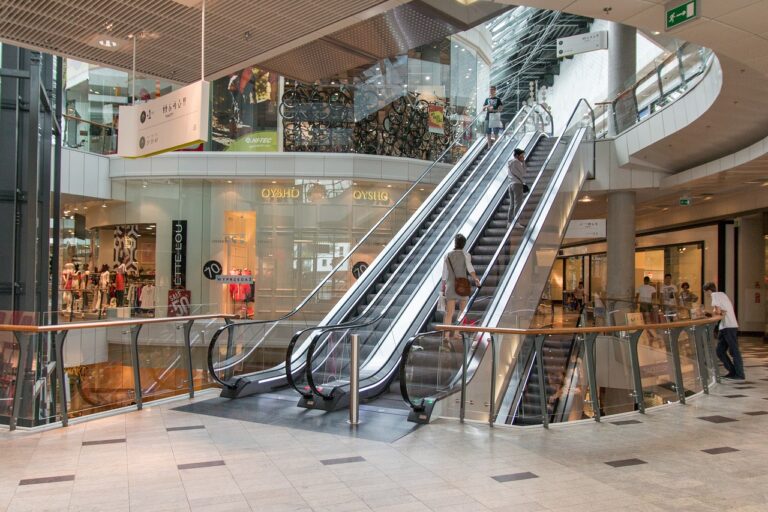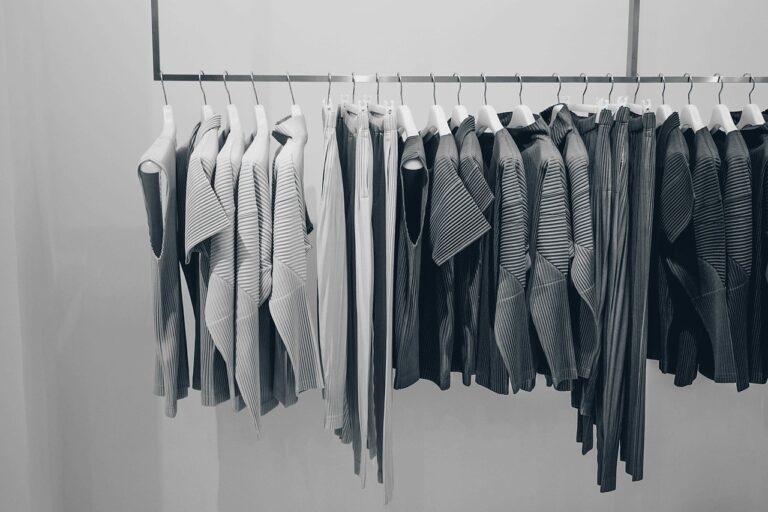Luxury Resale Market: A Growing Segment in Shopping
The luxury resale market has undergone a significant transformation in recent years. What was once seen as a niche market for bargain hunters has now become a mainstream shopping destination for fashion-conscious consumers looking to score designer pieces at discounted prices. The evolution of technology and the rise of online platforms have played a crucial role in this shift, making luxury resale more accessible and appealing to a wider audience.
With the emergence of online marketplaces dedicated to pre-owned luxury goods, sellers can now easily connect with buyers from around the world, creating a global marketplace for second-hand designer items. This has not only expanded the reach of the luxury resale market but has also helped to destigmatize the idea of buying pre-owned items. As a result, luxury resale has become a socially acceptable and environmentally conscious way to shop for high-end fashion.
Key Players in the Luxury Resale Market
Luxury resale market is a thriving sector with several key players dominating the landscape. Companies like The RealReal, Vestiaire Collective, and Poshmark have established themselves as leaders in this space. These platforms offer a wide range of pre-owned luxury goods, providing customers with the opportunity to buy and sell high-end items in a sustainable and cost-effective manner.
In addition to these major players, smaller boutique resale shops and online platforms have also carved out a niche in the luxury resale market. These boutique stores often specialize in specific brands or product categories, catering to a niche market of luxury enthusiasts looking for unique and hard-to-find items. With the rise of online shopping and the increasing demand for sustainable fashion options, these smaller players are poised to make a significant impact on the luxury resale industry in the coming years.
• The RealReal, Vestiaire Collective, and Poshmark are key players in the luxury resale market
• These platforms offer a wide range of pre-owned luxury goods
• Smaller boutique resale shops have also carved out a niche in the market
• Boutique stores often specialize in specific brands or product categories
• Rising demand for sustainable fashion options is driving growth in the luxury resale industry
Factors Driving the Growth of Luxury Resale Market
The increasing popularity of sustainable fashion practices has significantly contributed to the growth of the luxury resale market in recent years. Consumers are becoming more conscious of the environmental impact of fast fashion and are seeking ways to reduce waste by buying pre-owned designer items. This shift in consumer behavior has created a demand for luxury resale platforms, where individuals can buy and sell high-end fashion pieces in a more sustainable way.
Another factor driving the growth of the luxury resale market is the desire for unique and rare pieces that are no longer available in traditional retail stores. Shoppers are drawn to the exclusivity and history of pre-owned luxury items, as they offer a sense of individuality and personal style. This trend has led to a surge in online resale platforms that specialize in curating a selection of one-of-a-kind pieces from top luxury brands, catering to consumers looking for something special and unique.
What is the luxury resale market?
The luxury resale market refers to the buying and selling of pre-owned high-end designer items such as clothing, handbags, shoes, and accessories.
How has the luxury resale market evolved over the years?
The luxury resale market has evolved from being a niche industry to a booming sector fueled by changing consumer shopping habits and a growing demand for sustainable fashion.
Who are some key players in the luxury resale market?
Some key players in the luxury resale market include online platforms like The RealReal, Vestiaire Collective, and Poshmark, as well as traditional brick-and-mortar consignment shops.
What are some factors driving the growth of the luxury resale market?
Factors driving the growth of the luxury resale market include a shift towards sustainable fashion practices, increased consumer awareness about the environmental impact of fast fashion, and the desire for unique, high-quality items at a more affordable price.
How does the luxury resale market benefit both sellers and buyers?
The luxury resale market benefits sellers by allowing them to recoup some of the value of their high-end items, while buyers benefit from access to luxury items at a fraction of the original retail price.

